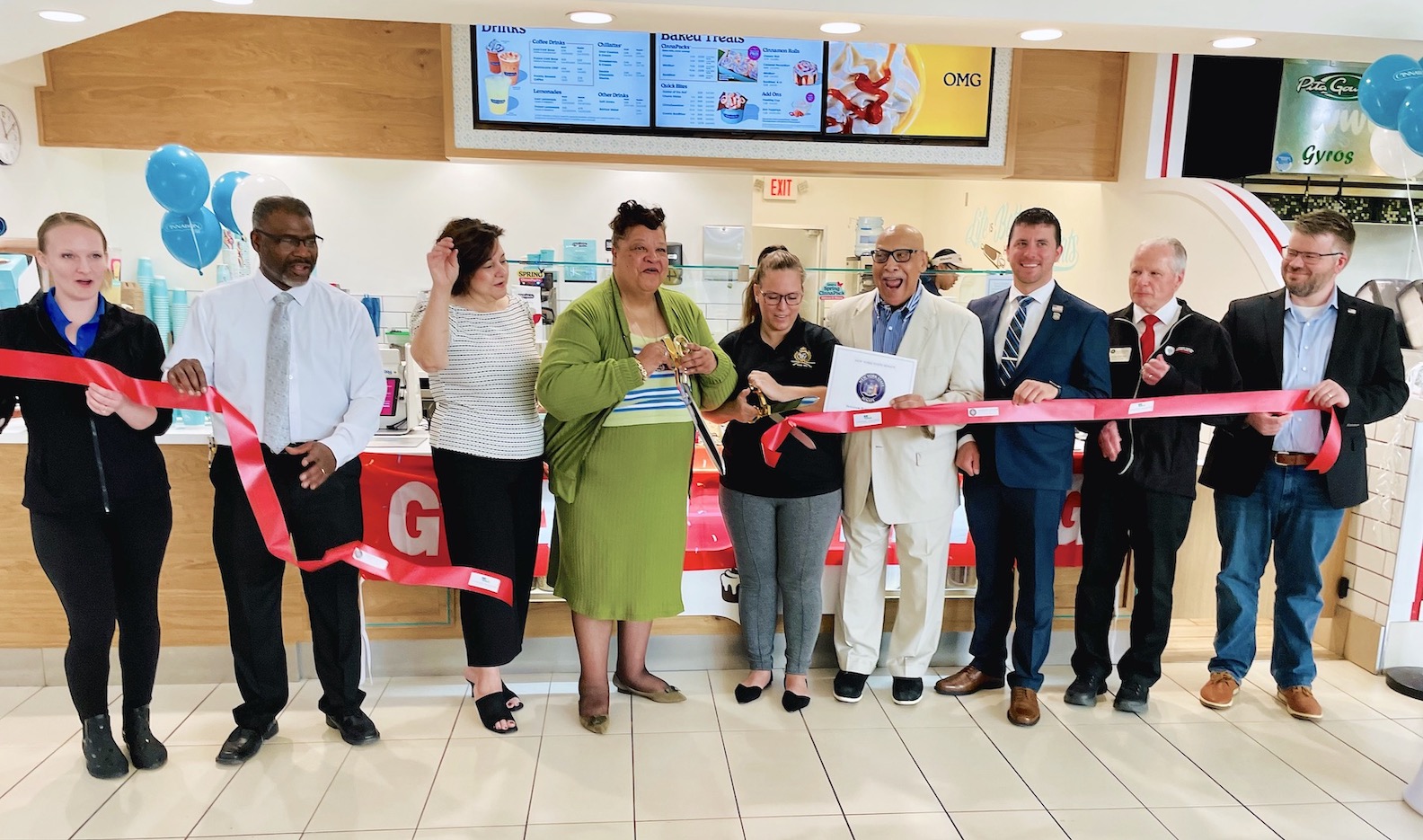By Terry Duffy
Editor-in-Chief
A report released Thursday by the Buffalo Niagara Coalition for Open Government has claimed a number of municipalities in both Erie and Niagara counties are out of compliance with state Open Meetings Laws when it comes to executive sessions.
The report, prepared by Paul Wolf, Esq., president of the Buffalo Niagara Coalition, had its focus on 17 municipalities in both counties including the Town and Village of Lewiston, and how they provided information to the public, or neglected to, in those sessions.
"We studied how 17 local governments in Erie and Niagara conducted executive sessions for a six-month period of time. Our research concluded that 75 percent of local governments are not complying with the Open Meetings Law when they hold executive sessions," Wolf said.
While local governments have the right to discuss certain items behind closed doors, Wolf said the public has a right to know what is being discussed. "Simply stating that an executive session is being held to discuss litigation, or a personnel matter, without describing more does not comply with the New York state Open Meetings Law."
Section 105 of the Open Meetings laws covering executive sessions, under conduct, finds the following:
"1. Upon a majority vote of its total membership, taken in an open meeting pursuant to a motion identifying the general area or areas of the subject or subjects to be considered, a public body may conduct an executive session for the below enumerated purposes only, provided, however, that no action by formal vote shall be taken to appropriate public moneys:
"a. matters which will imperil the public safety if disclosed;
"b. any matter which may disclose the identity of a law enforcement agent or informer;
"c. information relating to current or future investigation or prosecution of a criminal offense which would imperil effective law enforcement if disclosed;
"d. discussions regarding proposed, pending or current litigation;
"e. collective negotiations pursuant to article fourteen of the civil service law;
"f. the medical, financial, credit or employment history of a particular person or corporation, or matters leading to the appointment, employment, promotion, demotion, discipline, suspension, dismissal or removal of a particular person or corporation;
"g. the preparation, grading or administration of examinations; and
"h. the proposed acquisition, sale or lease of real property or the proposed acquisition of securities, or sale or exchange of securities held by such public body, but only when publicity would substantially affect the value thereof.
"2. Attendance at an executive session shall be permitted to any member of the public body and any other persons authorized by the public body."
Wolf said that, while the transparency issue of local governments and how boards conduct executive sessions has improved dramatically following release of a similar-type study last year -- where 97 percent of municipalities were faulted -- problems do continue. He pointed to the 75 percent that received a failing grade in the latest study.
The report examined the period of Jan. 1-June 30. Locally, it found the Town of Lewiston held two executive sessions so far - a drop from 11 sessions held last year. Thus far, the Village of Lewiston held seven such sessions, versus two last year.
As to whether either municipality conformed to Open Meetings laws, Wolf's study gave both the town and village a grade of F.
Of its two sessions, the Town of Lewiston was found to be in compliance once, earning a grade of 50 percent. For the Village of Lewiston, it was found to be compliant on four of its seven sessions. It received a grade of 60 percent.
Neither municipality provided information as to the actual length of the sessions.
Comparisons on the high end found the Town of Lockport in full compliance on its two executive sessions, which totaled 74 minutes. It received a 100 percent grade (A). On the opposite, the Niagara County Legislature had two sessions that totaled 105 minutes. It received a 0 percent/F grade for compliance.
In his report, Wolf argued that, while the New York State Legislature has amended the Open Meetings Law twice to create sanctions for public bodies that violate the law, in reality, other than citizen-derived lawsuits, there is no entity that ensures compliance with the law. He said The New York State Committee on Open Government, under the direction of Robert Freeman, executive director, acts merely as a state consulting arm to local governments. "The New York State Committee on Open Government is a state-created agency that serves as a tremendous resource for information, but the committee does not have any enforcement power."
Wolf said he would welcome input on his findings from the state level. Thus far, none has come.
"We would welcome the attorney general and the state comptroller becoming more involved as statewide elected officials with open government matters," Wolf said. "The Buffalo Niagara Coalition for Open Government reached out to the state comptroller's office seeking to meet with the comptroller, and our efforts were disappointingly unsuccessful."
Asked to comment, Town of Lewiston Supervisor Steve Broderick said he didn't place much value on the coalition or its report. "These are people, they get together and they decide how they believe government should run," he said.
Broderick explained he consulted with Freeman earlier on the coalition. He said Wolf and Freeman do not necessarily see eye to eye.
Broderick quoted Freeman as saying, "Mr. Wolf thinks he's my right-hand man in Western New York. Well, he's not."
As to utilizing the Buffalo-Niagara Coalition as a resource, Broderick said Freeman told him, "Steve, you govern how you believe you want to govern, as long as it's within the law."





























